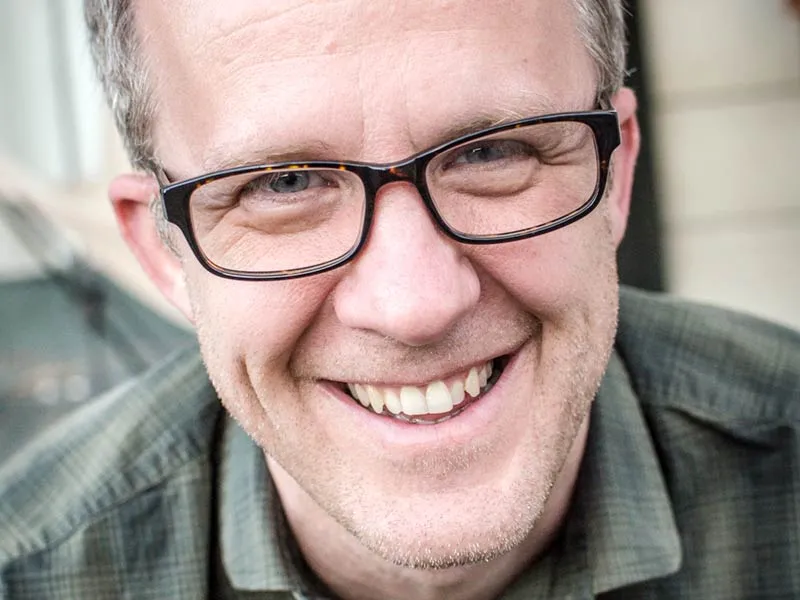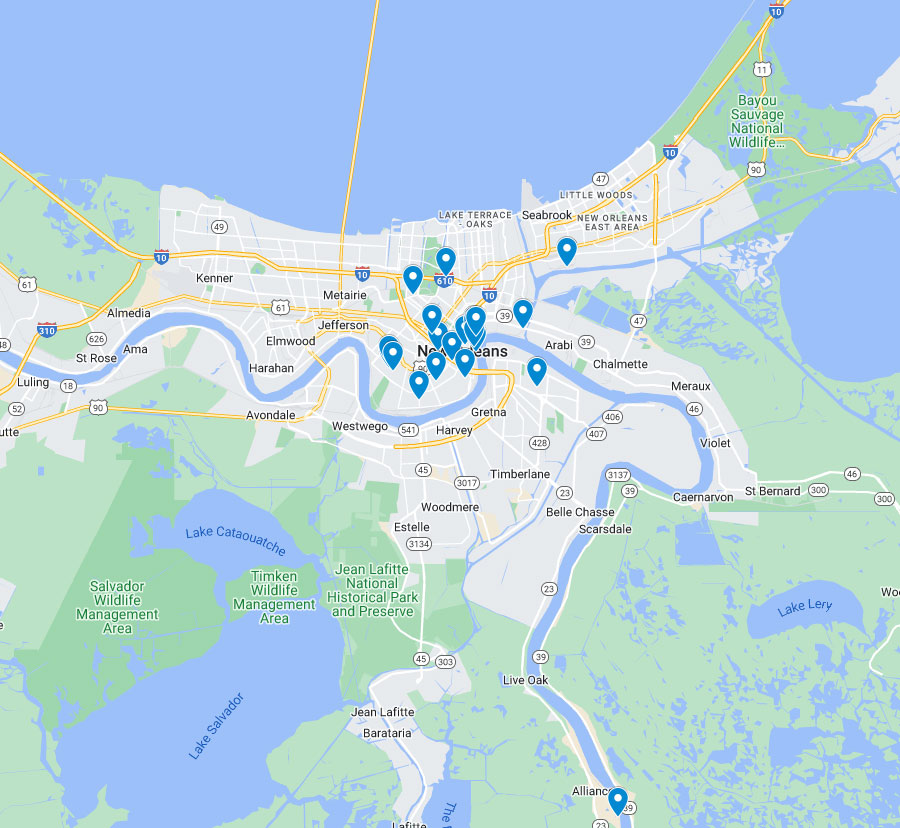
Biography
Dan Sharp is an associate professor of ethnomusicology appointed jointly appointed in music and Latin American studies. His book, Between Nostalgia and Apocalypse: Popular Music and the Staging of Brazil, was published in 2014 by Wesleyan University Press as part of their longstanding Music/Culture series. His writing has appeared in Latin American Music Review, Critical Studies in Improvisation, and the edited volumes Brazilian Popular Music and Citizenship (Duke University Press), and Experimentalisms in Practice: Music Perspectives from Latin America (Oxford University Press).
Research
I am documenting an ambitious artistic collaboration called the Music Box Village. The New Orleans-based project brings together many visual artists, architects, musical instrument makers, and musicians in the service of the theme of "musical architecture." The Music Box Village is an interactive visual and sound art installation by day, and a one-of-a-kind concert venue by night. Musicians experiment with sound and timbre on ingenious invented musical instruments embedded into the walls, ceilings and floors of small houses arranged throughout the outdoor space. The project has enjoyed critical and popular acclaim in New Orleans and beyond and has been covered in glowing terms by Smithsonian Magazine, NPR and the New York Times
For this ethnographic research project, I am interested in questions surrounding both the creation of the art and the curation of the project. I am in the process of researching the unique musical instruments embedded in the buildings, and also the process of the project’s funding and production. I interpret the Music Box Village, with its focus on sound, community and collaboration, as a nuanced response to the art of post-industrial ruins that places urban decay within a mournful tragic narrative. The project represents a new convergence between recent approaches to avant-garde experimental music and art that are restless to break free from the confines of the museum and the concert hall, and the social aims of a non-profit community organization in a post-disaster zone. It is in the friction between these worlds during the city’s uneven recovery and transformation that this work centers.
I envision this work culminating in an academic monograph that explores various facets of the project. I will chronicle how MetFab Inc., a metalworks that once manufactured floodgate parts, has now been repurposed to artistic ends. I plan to detail how the musical instruments embedded in the houses thwart well-worn paths to virtuosity, minimizing the gap in technique between the expert and the visitor playing them for the first time. I will examine the tension between the priorities of the visual artists as they conflict with the basic needs of performing musicians to see and hear each other. I will assess critics’ charge that projects like the Music Box Village ‘romance precarity’ as they celebrate the resourcefulness of salvage, blurring the difference between reuse out of necessity, and reuse in the service of art.


